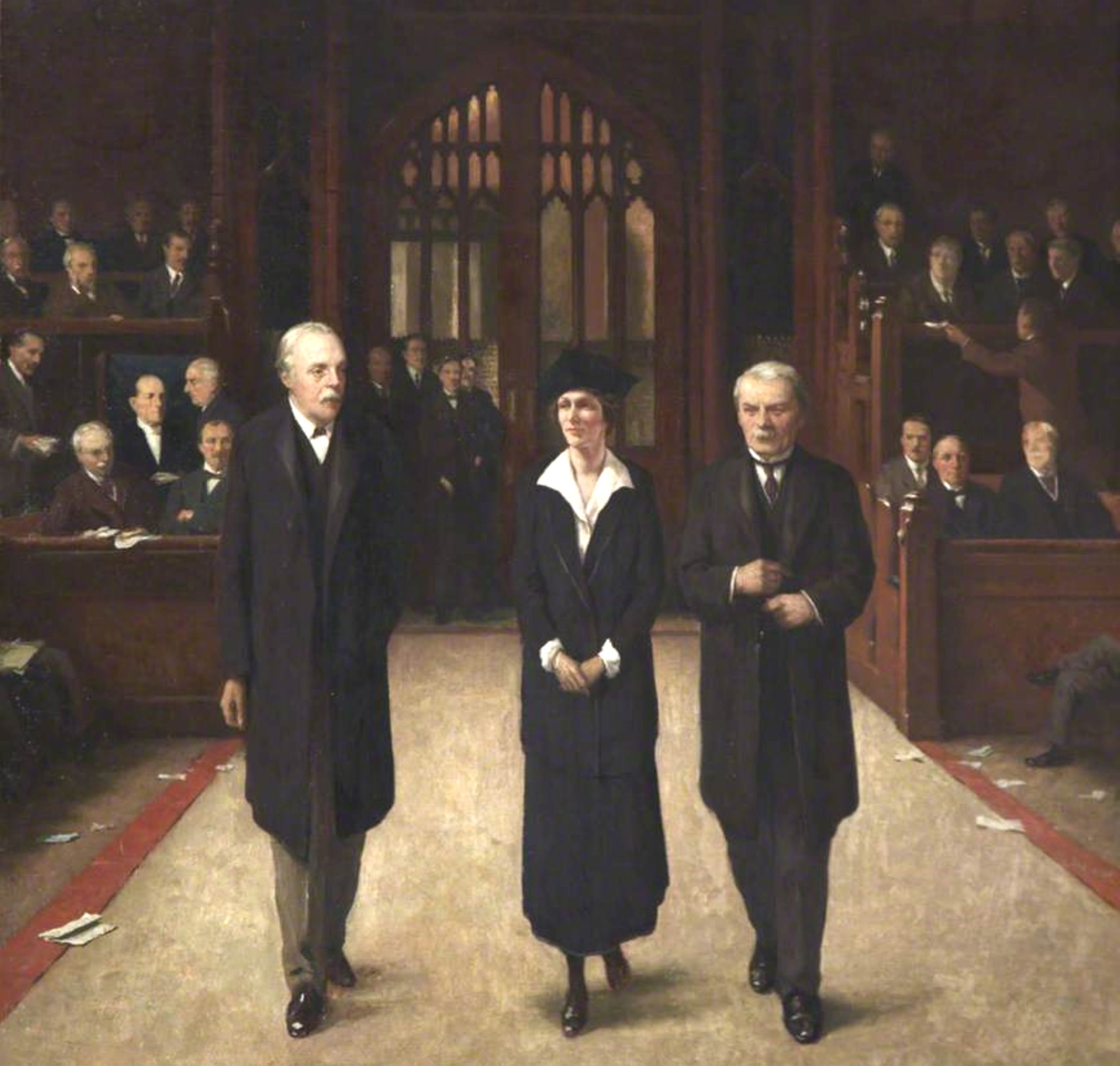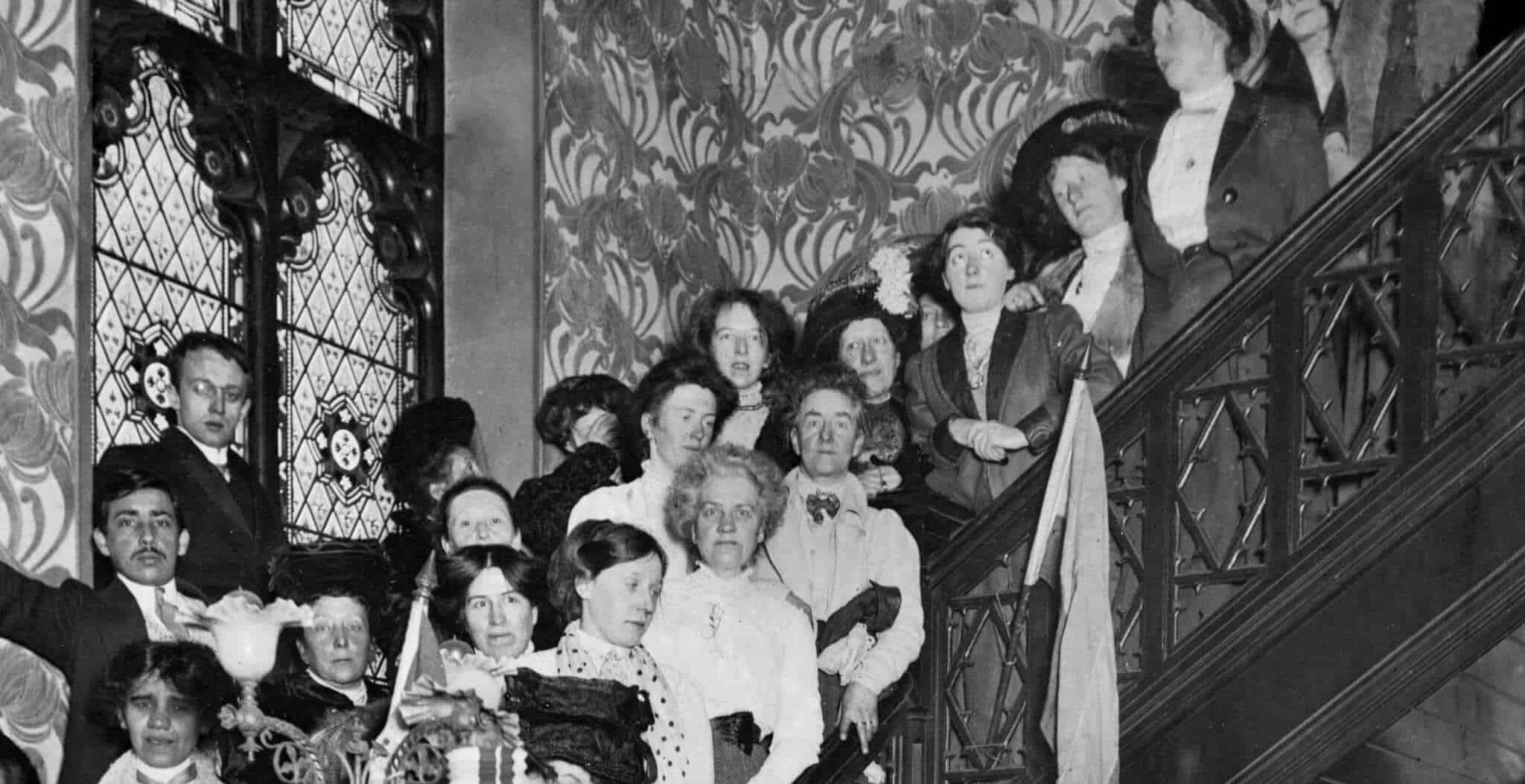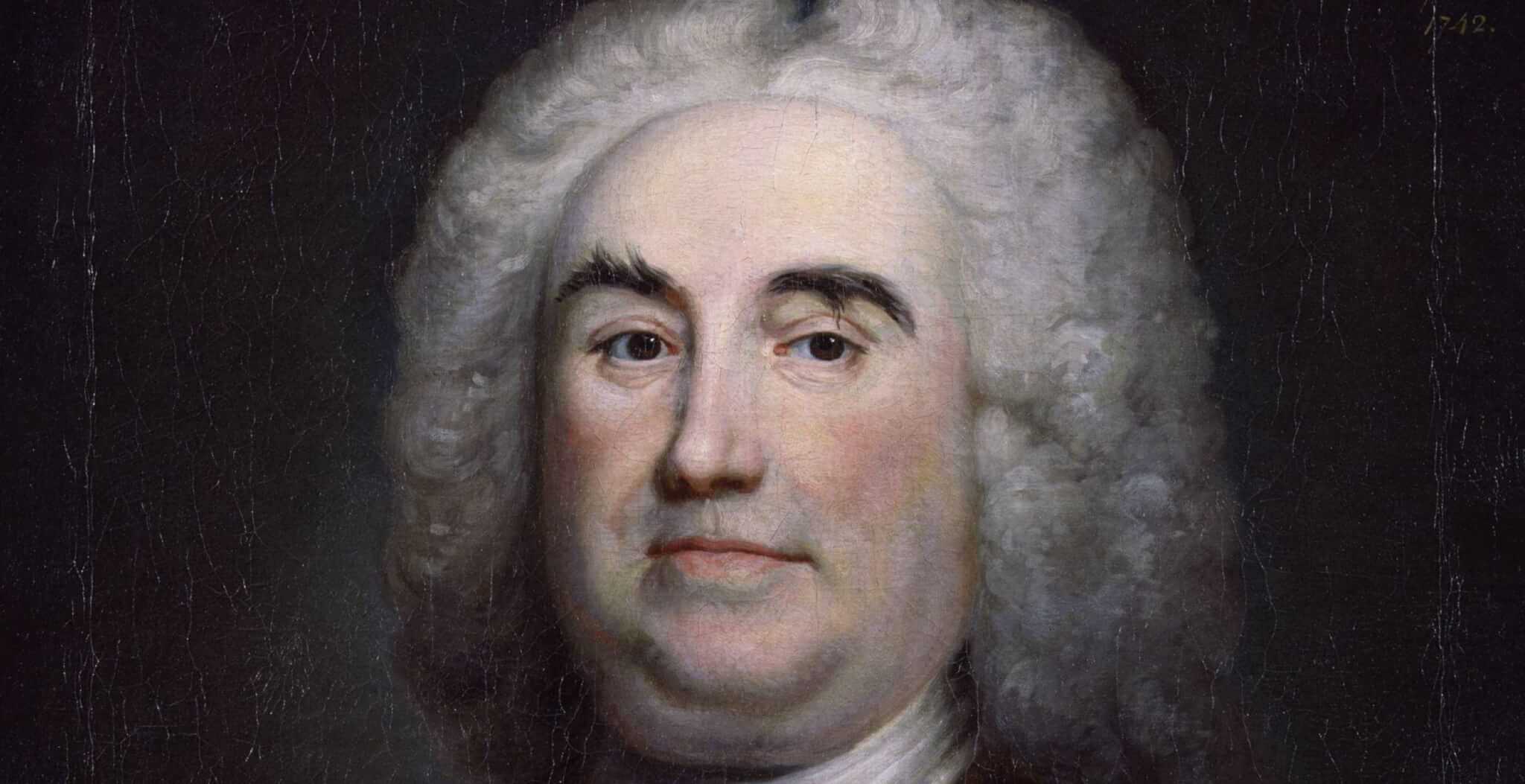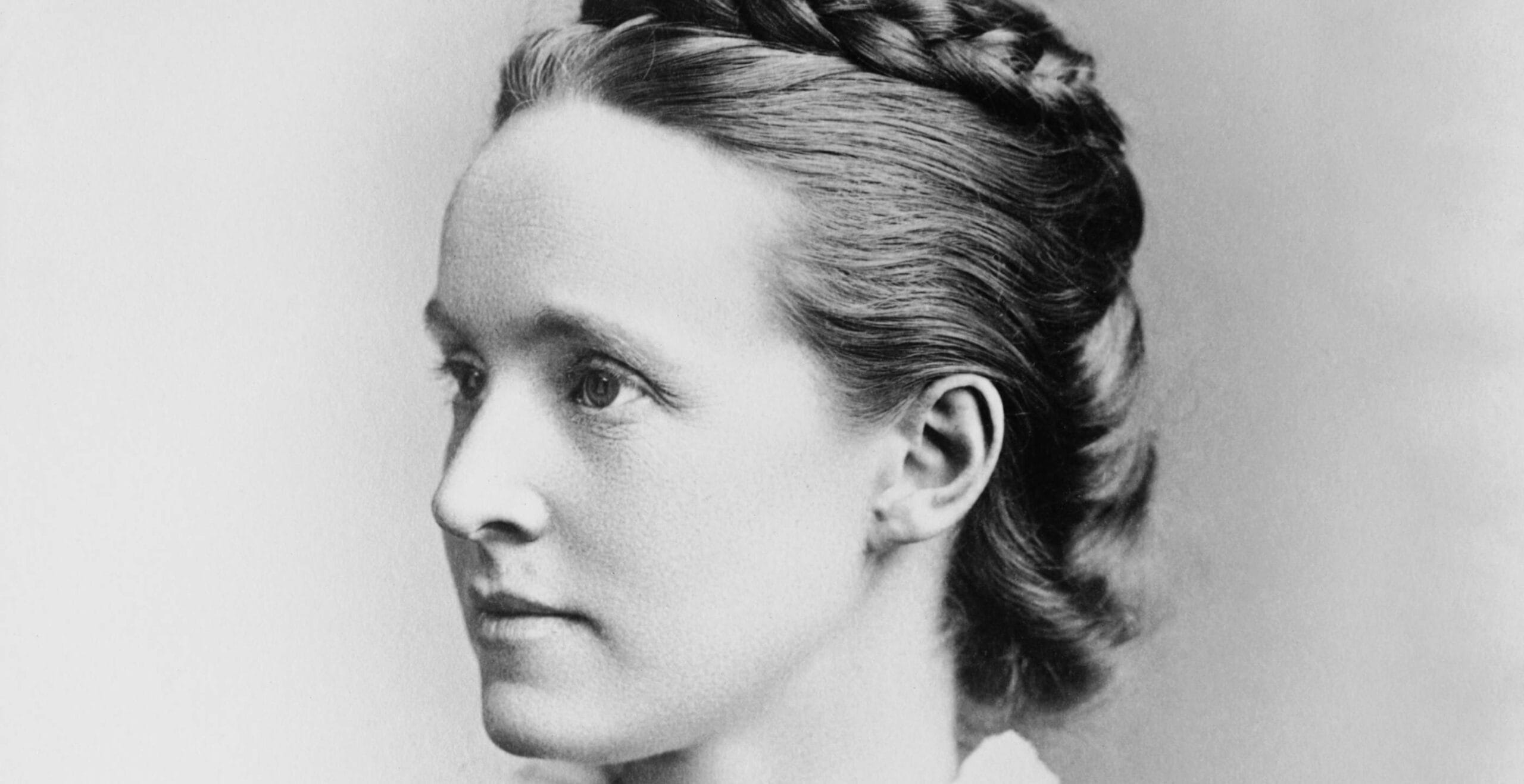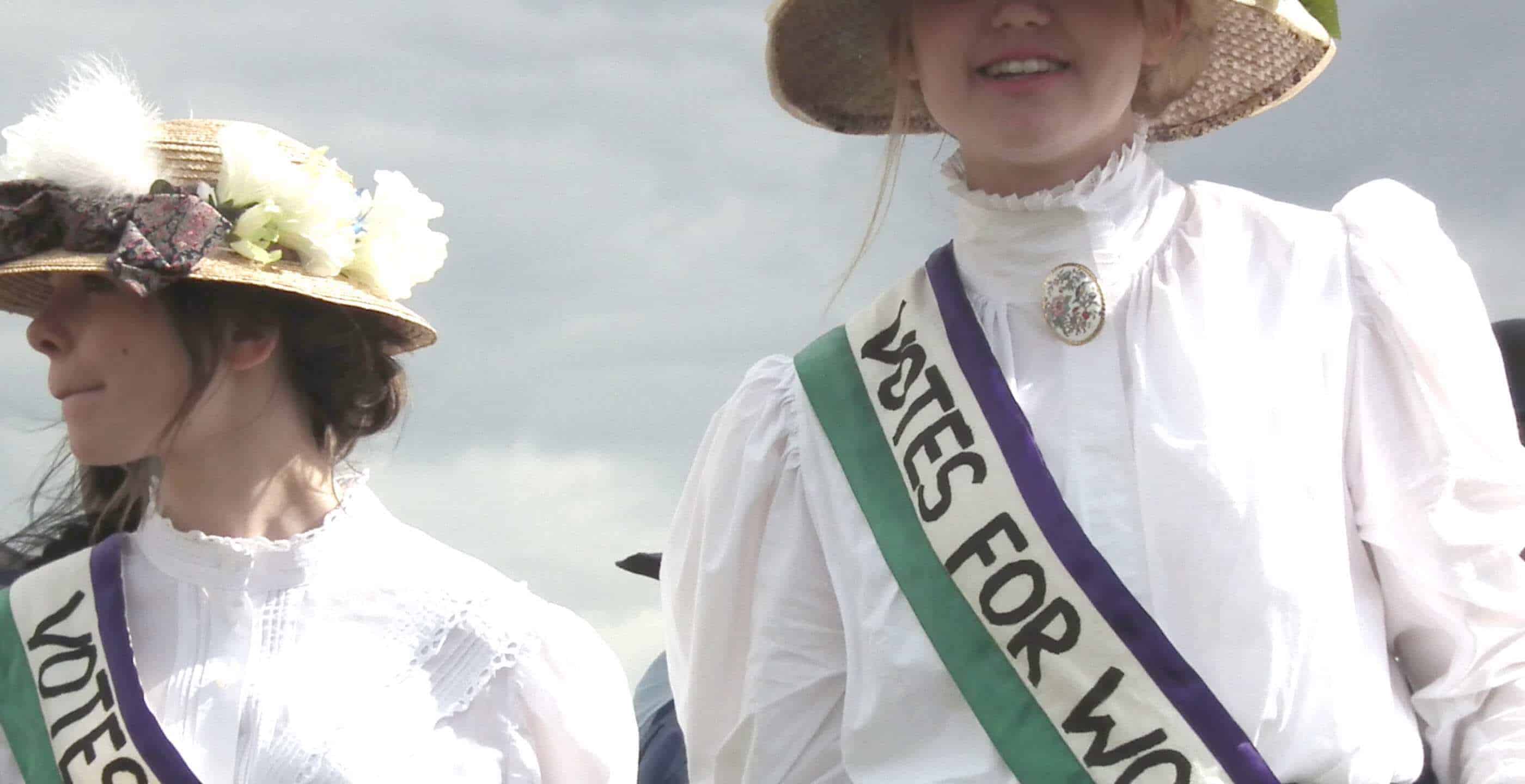On 1st December 1919, Nancy Astor took her oath in the House of Commons, a momentous day as she became the first female MP to sit in parliament.
Born in Virginia in 1879, Nancy Langhorne, as she was known then, was part of a large family and daughter of a businessman. Nancy’s father at the time of her birth had been struggling to make money: feeling the effects of the American Civil War and the abolition of slavery, the family were struggling to make ends meet. Fortunately, her father’s railroad business prospects blossomed after she was born and after a winning a lucrative contract, the family’s wealth and prosperity was restored.
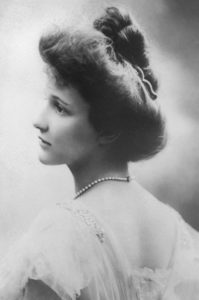
In the 1890s, Nancy attended a prestigious finishing school in New York, the place where she would meet her first husband, Robert Gould Shaw II. The relationship progressed quickly and by the age of eighteen she had married Robert in October 1897 and in the following year gave birth to their only son, Robert Gould Shaw III. The marriage however was not to last. The turbulent relationship lasted just four years, with speculation of Robert’s alcoholism. The marriage took its toll on Nancy and by 1903 they were divorced.
After the disintegration of her marriage, Nancy returned to her father’s household. It was not until her father suggested that she move to England that her life began to transform, more than she could have ever imagined. Having previously enjoyed a trip to England, Nancy was persuaded to move to London in 1905 taking her sister Phyllis with her for company.
It did not take long before a young Nancy entered the spotlight of the British aristocracy. Her American glamour and quick wit proved to be a big hit amongst the higher echelons of society. She was not short of admirers, however her interests turned only to Waldorf Astor, a prominent figure whose father was Viscount Astor and owner of a national newspaper. They bonded over their shared heritage in America, their similar attitudes and before long their interests aligned and they married six months later. As a wedding gift to his son and new daughter-in-law, William Waldorf Astor presented them with Cliveden, an exquisite estate located on the Thames as a wedding gift. The fairytale complete, the Astor’s went on to have five children.
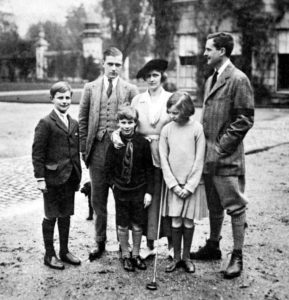
In the meantime, Nancy Astor threw herself into the social responsibilities of being a member of the British aristocracy. She proved to be a brilliant hostess and made several acquaintances through her networking and socialising. In addition to their country estate, the Astor’s owned a splendid home in St James Square in central London which proved to be perfect for entertaining with its large ballroom and luxurious reception rooms. The setting for many a decadent dinner party, the building still stands true to its former grandeur today, although now housing a naval and military club. If you walk through the historic square you will notice the blue plaque commemorating this exquisite heritage site.
As Nancy met with more people she found herself mixing in political circles such as the liberal group Milner’s Kindergarten, which consisted of Britons who had served in the South African Civil Service and advocated the expansion of imperialism whilst also pursuing ideas of equality. Meanwhile, her husband entered the political arena in 1910, winning an election as a Unionist to represent the borough of Plymouth.
Waldorf Astor had a successful political career in the House of Commons and became involved in liberal reforms such as the National Insurance Act of 1911 and the “People’s Budget” which sought to tax the richest in society in order to fund welfare projects. In 1919 his father’s death resulted in his inheritance of the Viscount title and his automatic progression to the House of Lords.
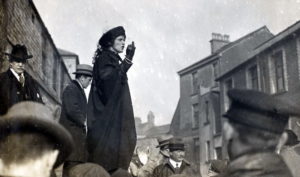
This triggered a by-election for his seat, an election which the newly titled Viscountess Nancy Astor would win. This result made Nancy Astor the second woman to be elected to the House of Commons. The first had been Constance Markievicz who never took her seat in the Commons due to her Sinn Fein party abstention policy.
On 1st December 1919 Lady Astor took her seat in the House of Commons, a historically significant event which would change the political and social sphere for years to come. Nancy’s sharp mind and American wit proved a advantage in her political dealings. She was not one to shy away from the spotlight and she remained outspoken on the issues she felt strongly about. She chose to support lowering women’s voting age to 21 years of age rather than 30 years and chose to advocate women’s rights in her speeches. This however was met with some criticism from suffragette members who claimed she had not had any dealings with any women’s rights movements before her election. That being said, Nancy was a female voice in a sea of male dominated political voices. Her voice and position as an MP was important.
Her dedication to a variety of causes was evident in and out of parliament. She supported education expansion and women’s roles in the civil service, not to mention the minimum age limit for drinking to be set at eighteen which remains today.
By the time of the Second World War, the global landscape was changing. Neither Nancy nor her husband wanted to engage in a war with Germany and preferred the policy of appeasement. Despite this, Nancy and her husband did contribute to the war effort by running a hospital for wounded soldiers and using their own wealth in funding projects in the city of Plymouth. Nancy also proved influential in Winston Churchill‘s rise to power in 1940.
Never one to shy away from a debate, it was said that her exchanges with Churchill proved quite satirical, particularly on one of occasion when Churchill described the feeling of having a woman in Parliament as having someone intrude on him in the bathroom. Astor simply replied, “Sir, you are not handsome enough to have such fears”.
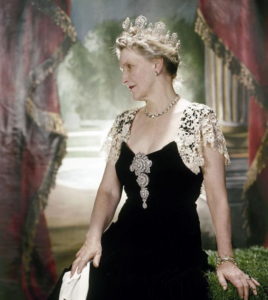
Nancy continued to serve as an MP until the end of the war in 1945 when she was advised by her colleagues and husband not to stand again. Her outspoken voice had evolved into more erratic behaviour and by the end she had lost touch with the new social and cultural dynamics of the day. The time had come for her to step down and with that she retired, leaving twenty-four other women to take their seats in parliament in the same year.
Lady Astor retired and lived in solitude. Her legacy was substantial; a woman entering parliament for the first time was a game changer for the political elite and British society more broadly. Nancy Astor was an important figure in the fight for women to be political, economic and social equals.
Jessica Brain is a freelance writer specialising in history. Based in Kent and a lover of all things historical.
